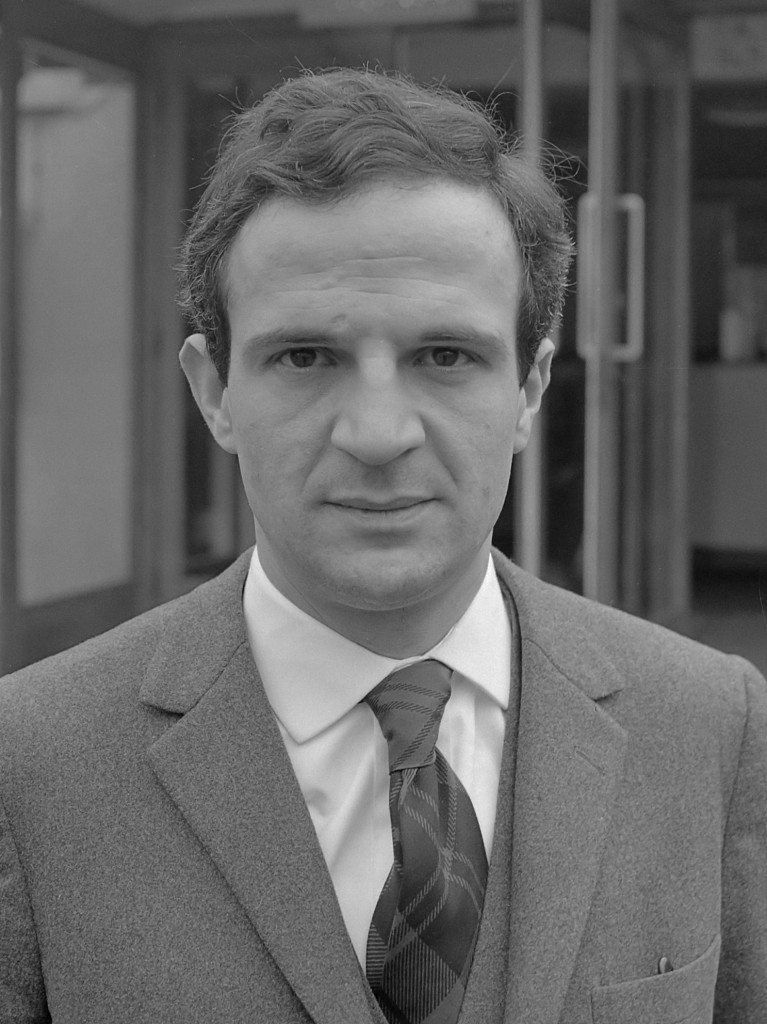François Truffaut Remembered 30 Years On
This year marks 30 years since French director François Truffaut passed away – he was 52 years old. Truffaut is known for being one of cinema’s trailblazers, responsible for the growth and development of the French New Wave; his first film The 400 Blows (Les Quatre Cents Coups) swept away the critics (making him one of the youngest recipients of the Best Director Award at the Cannes Film Festival) and the public, and brought to light a new talent. A unique spirit who lambasted post- World War II French cinema, criticising its ‘tradition of the quality’, and later affirmed that films ‘breathed throughout their flaws’. One of the creators of the ‘auteur theory’, Truffaut valued directors with distinctive style. Directors who, throughout their body of work, exert a personal and unique world- view, which made him believe they were the true ‘authors’ of their films.
His characters, as Miloš Forman puts it, are a ‘rainbow of human feelings and attitudes’.
In 25 years, Truffaut directed 21 films. To honour his life and career the French Cinématèque has devoted a large exhibit and a retrospective of the totality of his work. So what is special about Truffaut’s filmography? Mainly how Truffaut delves into complex relationships: between children and the adult world in The 400 Blows, The Wild Child, Small Change; best friends in Jules and Jim; a married couple in Bed and Board and The Mississippi Mermaid; unmarried couples – Stolen Kisses, The Man Who Loved Women; a film crew – Day for Night; life and death – The Bride Wore Black, The Green Room. Truffaut dealt with many genres – romance, historical and crime drama, comedy, sci-fi – and had a taste for novels, many of his films having a literary source. But also for a more personal and uninhibited filmmaking infused with sincerity, which may be the roots of the artistic revolution he provoked. His characters, as Miloš Forman puts it, are a ‘rainbow of human feelings and attitudes’.
In the midst of the diversity of his filmography, Truffaut also embedded pieces of his own biography, notably through the character of Antoine Doinel played by Jean-Pierre Léaud. Antoine Doinel is very much an alter ego figure, in which the directed followed his life over a period of 20 years, showing us a troubled childhood, passionate relationships, a difficult transition to adulthood, a rocky marriage, always with a mixture of drama, comedy and burlesque.
François Truffaut embraced cinema in a variety of forms. An assiduous moviegoer in his early years (causing him to skip class), he became a critic, writing for the Cahiers du Cinéma and Arts Spectacles. His articles were incendiary, and Truffaut was known for his unforgiving reviews and often, personal attacks.
But being a cinema lover, he did not hesitate to praise the works of directors he admired, such as Jean Renoir, Alain Resnais and Alfred Hitchcock. The latter was interviewed for nearly 12 hours in Universal Studios, the interview becoming a book. Truffaut was also a producer and screen- writer for his films, but also on the films of others, namely Jean-Luc Godard’s Breathless, another pivotal film in the birth of the French New Wave. Moreover, Truffaut even dabbled in politics: he went to the streets to protest when the Ministry of Culture fired the head of the French Cinématèque and his close friend Henri Langlois.
Truffaut has influenced many contemporary filmmakers: Woody Allen, Quentin Tarantino, Martin Scorcese, but also Wes Anderson, James Gray, Noah Baumbach, Richard Ayoade, as well as French post-New Wave independent cinema, namely Olivier Assayas, Arnaud Desplechin, Chistophe Honoré, Valarie Donzelli.
In Day for Night, the director Ferrand, played by Truffaut himself, tells Alfonse that “films are more harmonious than life.” And so to find a bit of harmony in ours, we’ll continue to watch his.


Comments